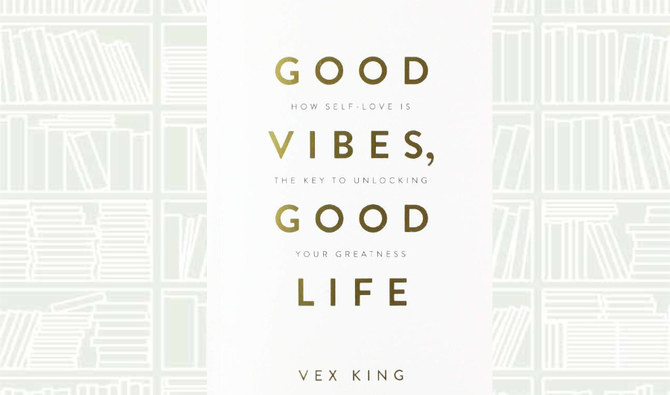Author: Vex King
“Good Vibes, Good Life: How Self-Love is the Key to Unlocking Your Greatness” by Vex King is a self-help book on cultivating a positive mindset and emotional well-being. The author shares his own personal journey of overcoming adversity and tells how he developed practical strategies to improve his outlook on life.
It has an approachable and conversational tone. King writes in a personable manner, sharing his personal experiences and lessons acquired, making it relatable and relevant for readers.
The book covers a wide range of themes, including how to manage negative thoughts, practice appreciation, set boundaries, and discover your purpose.
King presents a variety of real exercises and tactics that readers may use right away to transform their mentality and improve their mental health.
The chapter on self-love is particularly impactful. King emphasizes the importance of being compassionate and accepting toward oneself, which he argues is the foundation for developing healthy relationships and achieving personal growth.
However, I felt that “Good Vibes, Good Life” sometimes tried to simplify complex emotional and mental health issues. While I appreciate the author’s goal of providing easy-to-understand self-help advice, there were times where the messaging felt too simplistic.
Another thing that gave me pause was that the author often did not use scientific research to support ideas. As someone who likes to see evidence-based information, I would have preferred if the author had included more references to psychological studies and expert opinions to back up his recommendations.
Instead, the book mostly relies on the author’s own personal stories and experiences. While those personal anecdotes can be compelling, I don’t think that automatically makes the strategies universally applicable to everyone.
Finally, I had mixed feelings about the work’s broad scope. On the one hand, I appreciated the wide range of topics covered; but on the other, I felt that certain areas could have benefited from a more in-depth, nuanced exploration, rather than a relatively surface-level treatment.
Overall, “Good Vibes, Good Life” is an uplifting and practical guide that can help readers develop a more positive and fulfilling outlook on life. The author’s personal anecdotes and straightforward advice make it an easy and engaging read.
It is a good option for those seeking to cultivate more joy, peace, and emotional well-being in their life.
























